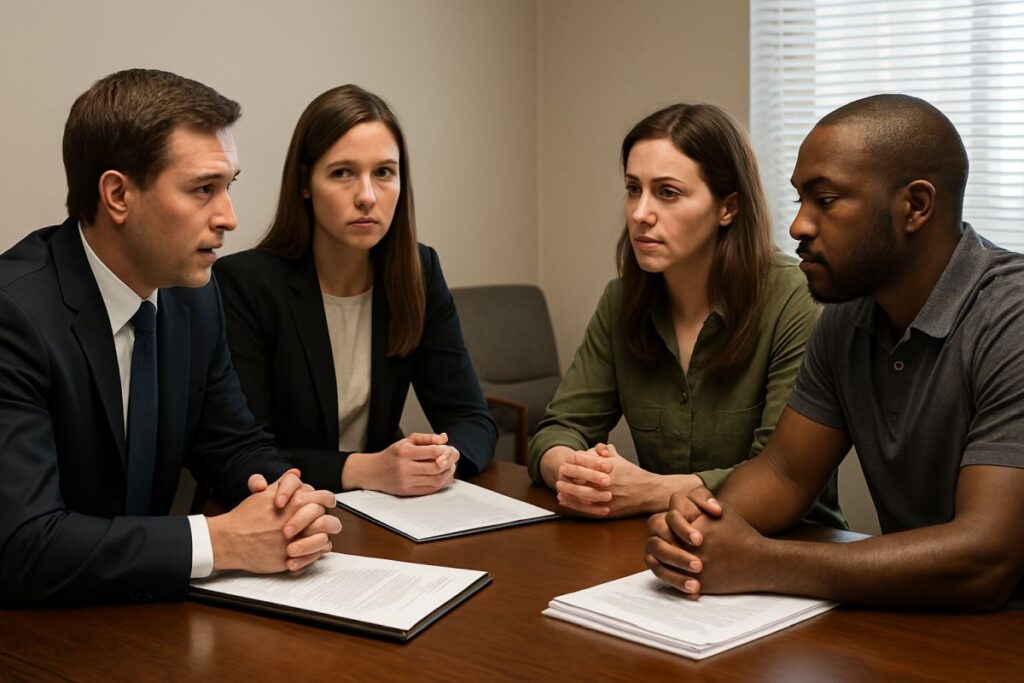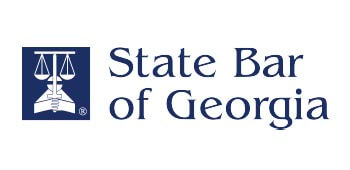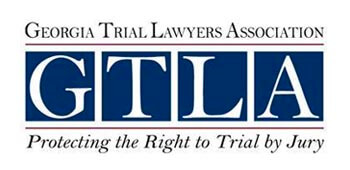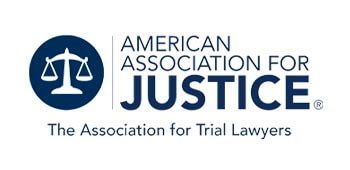If you have been hurt, maybe in a car crash, maybe after a medical procedure that did not go the way it should have, there is a moment where your focus shifts. At first, it is about healing. Getting your body and life back in order. But then, often sooner than you expect, the legal side kicks in. And that is where things get less emotional and more technical. One term you will hear a lot is Burden of proof. It sounds dry, almost procedural. But do not let the phrasing fool you. It is the wall you either climb or crash into in court.

What Georgia Means When It Says “Burden of Proof”
In everyday language, proof sounds like certainty. But in Georgia civil cases, like personal injury or malpractice, it is not about proving something beyond all doubt. You are not on trial for a felony here. The standard is “more likely than not.” Think of it like a scale. If you tip it just past the halfway mark, that is enough. That standard is called a preponderance of the evidence, and it is the baseline for most injury lawsuits in this state.
You need to prove that:
- The person or institution owed you a duty of care
- They did not live up to that duty
- That failure directly caused your injury
- And that your injury resulted in real harm—physical, financial, emotional, or all three
Miss one? The case probably does not survive.
Medical Malpractice: A Tougher Climb
Now, if you are suing a hospital, surgeon, or any medical professional in Georgia, there is more to prove. First, that they violated the accepted standard of care. And no, that is not always clear-cut. Then, that this deviation directly caused your injury. And finally, that you suffered damages.
But here is the kicker: you cannot even file the lawsuit without a signed affidavit from a qualified medical expert who lays out exactly how that standard was broken. That is not optional. Georgia statute O.C.G.A. § 9-11-9.1 makes it mandatory. Without it, your case likely gets dismissed before it even starts.
When the Standard Gets Higher: Punitive Damages
If your case involves more than just negligence, if you are arguing that the other party acted recklessly, maliciously, or with fraud, then the bar goes up. In those situations, Georgia law (see O.C.G.A. § 51-12-5.1) says you need to show clear and convincing evidence. That is no longer 51%. That is more like 75%. And while it is not an exact formula, the courts expect a stronger, more convincing case to even consider punitive damages.
Can the Burden Shift to the Other Side?
Actually, yes, but only for a moment. For instance, if the defendant in your case files what is called a motion for summary judgment, they are saying: “There is no real dispute here, judge. Let us not even go to trial.” In that moment, they have to prove that no facts are in question. But once they do, the ball rolls back into your court, and now you have to show that yes, in fact, there are things a jury still needs to decide.
It is like legal ping-pong, and if you miss the volley, you lose your shot at trial.
Why All of This Actually Matters
We have seen cases where the injury was obvious. The harm? Real. But the evidence did not line up tight enough, or at all, to meet the standard. And that is all it takes. The claim gets tossed. The chance at compensation is gone. That is not about fairness. That is about rules. And they apply whether your injury is mild or life-changing.
The cases that succeed are not always the most dramatic. They are the most documented. The ones with records, timelines, expert support, and logic that holds together under pressure. That is why preparation often decides more than the facts themselves.
What Juries Actually See and Feel
In Georgia, most personal injury and malpractice cases are decided by juries. And jurors? They are not legal robots. They are people. They come from different backgrounds, different counties, with different ideas about pain, responsibility, and fairness. Your lawyer does not just have to meet the legal burden. They have to make a human case too.
That is where storytelling comes in. Not fictionalized drama, but clarity. Connecting the events to the impact. Showing the before and after. Giving jurors a reason to believe you, not just based on documents, but based on how all of it adds up. Charts help. So do credible witnesses. And so does presenting a case without filler.
What a Good Attorney Actually Does for You
They do not just file paperwork and show up in court. They build the foundation that holds your case up. That means:
- Reviewing medical records with trained eyes
- Talking to specialists who can testify without crumbling on the stand
- Tracking down witnesses while memories are still sharp
- Building timelines that explain, not overwhelm
- Anticipating how the other side will attack each element of your claim
It is slow work. It is detailed work. But it is also what turns possibility into payout.
Closing Thought: Know What You Are Up Against
The “burden of proof” is not just legal language. It is the line between getting compensation and walking away with nothing. And if you are in pain, missing work, or recovering from a botched procedure, that is not a line you want to cross alone.
At Prine Law Group, we take your burden and make it ours. From building your case to explaining it in court, we help you meet the standard Georgia law requires—and the justice your case deserves.
📞 Call (478) 257-6333 or contact us online to talk with an attorney who understands what Georgia courts expect—and how to deliver it.
At Prine Law Group, we do not just take cases. We take care of people. Whether you are navigating the aftermath of a personal injury, facing criminal charges, or dealing with a workplace accident, our experienced legal team offers personalized attention and strategic solutions tailored to your situation. With offices serving Dublin, Macon, and the broader Middle Georgia area, we are here when you need strong advocacy and clear guidance. Call us today at 478-257-6333 to schedule a confidential consultation and take the first step toward peace of mind and legal resolution.





